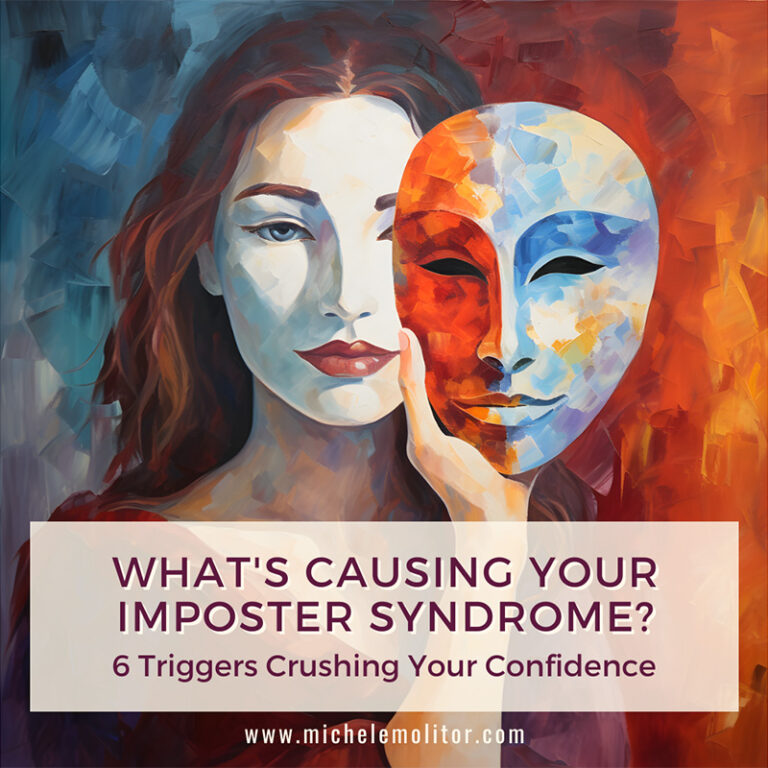6 Ways Toxic People Take A Toll On A Highly Sensitive Person & 7 Coping Strategies
Growing up I always heard from my siblings “Don’t be so sensitive!” as if there was something wrong with me. For years I thought it was a curse until I became a coach.
Then I learned, it was actually my Superpower.
Being a highly sensitive person or HSP means that a person has a more sensitive nervous system and is more perceptive to external stimuli than the average person.
Turns out, I’m an HSP and my brother is Not.
The extra sensitivity of an HSP can manifest in a variety of ways, including being overwhelmed by noise, light, or crowds. It also shows up as being greatly affected by the emotions of others and having a heightened sensitivity to physical sensations.
The term “Highly Sensitive Person” was coined by psychologist Dr. Elaine Aron in the 1990s. Dr. Aron first discovered the trait in her own life and through her research and study, she discovered that around 15-20% of the population could be classified as highly sensitive.
Being an HSP is not a disorder or a diagnosis but rather a personality trait which she talks about in her book “The Highly Sensitive Person” which popularized the term and brought much more awareness to it. It can have both negative and positive aspects to it, such as being more prone to stress and anxiety and being more empathetic and creative.
The more you understand what it means to be an HSP, the more effective coping skills you can put into place to manage it in a healthy way. Especially when dealing with particularly toxic people.
Here are 6 ways that toxic people have a negative impact on HSPs physically, mentally, and emotionally and 7 coping strategies to protect yourself.
- Increased stress and anxiety. Toxic people can cause HSPs to experience much higher levels of worry, stress, and anxiety which can lead to physical symptoms such as headaches, fatigue, and digestive problems.
- Emotional Exhaustion. HSPs are more likely to absorb the emotions of those around them causing them to wonder what emotions are theirs or not. This can lead to a breakdown in communications, emotional exhaustion, and burnout, especially when around toxic people who are often unaware of their negative impact.
- Self-Doubt & Low Self-Esteem. Toxic people may tend to be more critical, even belittling of HSPs, which can easily lead to a lack of belief in yourself and your abilities. Creating self-doubt and a low sense of self-esteem which can spiral into various forms of depression, even addiction.
- Loss of Confidence. Having your confidence undermined by a toxic person through their careless thoughts and actions can have a serious impact on the level to which you believe in yourself.
- Feelings of confusion, guilt, and shame. Toxic people may try to manipulate or gaslight HSPs into believing their alternative narrative to what actually happened. This can lead to feelings of confusion, guilt, and shame.
- Physical symptoms of stress: The stress that is caused by toxic individuals can manifest for HSPs as headaches, digestive problems such as IBS, and chronic pain.
So what can you do to protect yourself from these toxic implications?
Here are 7 coping strategies that I’ve found to be very useful to maintain peace of mind and balance:
- Set Clear Boundaries: This may mean limiting contact with someone or removing them from your life altogether. This isn’t easy but it can help calm your nervous system and improve your well-being.
- Build Self-Awareness: Identify your own triggers brought on by these toxic folks and learn how to respond to them in a healthy way, that doesn’t give away your power to those trying to steal your joy.
- Practice Assertiveness: Learn how to best communicate your needs to avoid being taken advantage of by toxic individuals.
- Develop Coping Strategies: Deep breathing and taking time outs for meditation can help you manage your emotions, energy and reduce your stress.
- Remember Your Worth: Remind yourself of your worth and value when your dignity gets violated by toxic people to help maintain your sense of self-esteem and confidence.
- Practice Self-Care: Make your well-being a priority by getting enough rest, eating nutritious food, and exercising regularly to help you release the stress created by toxic individuals in your life.
- Seek support: Learn to lean into and seek support from those you trust, a friend, mentor, coach, or therapist. Having a support system will help build resilience and ease the overwhelm.
Remember, your time, energy, and talent are valuable.
Do your best to not let those who seek to tear you down for their own gain, deplete you and your natural resources.
Honor yourself by practicing these seven coping mechanisms to help you live your best life and thrive.


